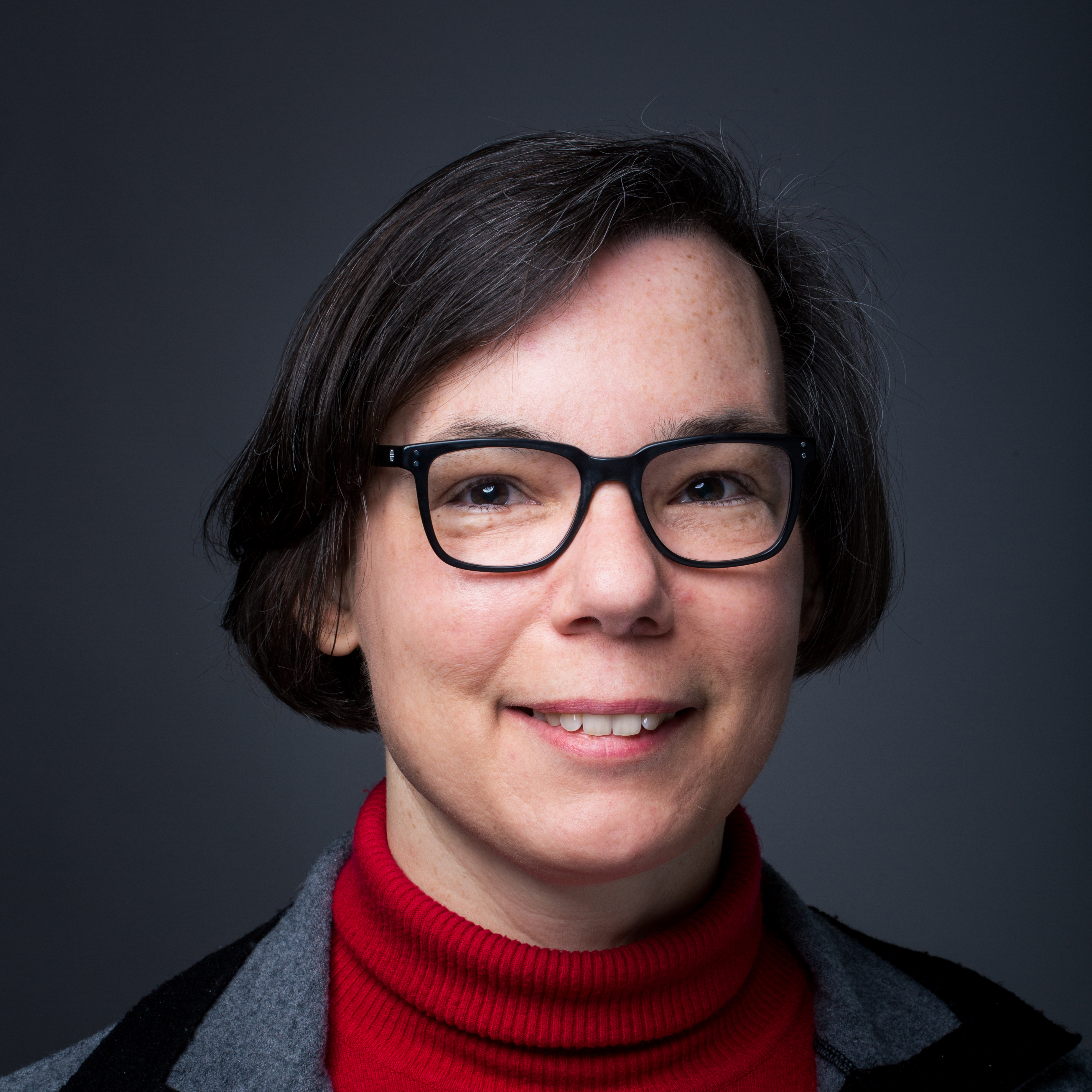Mixed-Gen Season 3 – Session 1: Simulating complex oxides
Location: CECAM-HQ-EPFL, Lausanne, Switzerland
Organisers
This is the first session of the third season of the Mixed-Gen on-line series aimed mainly at PhD students and researchers in their first post-doc. Our goal is to continue providing a new venue for these young scientists to share their work, get expert feedback and have an opportunity to strengthen scientific relations within the CECAM community.
To participate
If you are a PhD student or a post-doc:
Please use the Participate Tab on this page to start the application. You will have to login using your CECAM account to access the application form. If you don't have a CECAM account yet, use the register option on the top right corner of the login page...and welcome to CECAM!
If you are a more senior scientist:
Please contact the organisers and we shall process your registration.
Submission of posters
(Please note that - at least for the time being - we shall accept posters only from PhD students or researchers in their first post-doc)
After your application is accepted, you will be able to submit a poster. In the CECAM page for this event, go to “My participation” tab and click on “Add a poster”, providing title and abstract following the recommended format. On the same form you can upload your poster file in png or jpg as soon as it is ready. These formats are strict to enable showing of the poster in the Gather session. If the poster file is not ready at the moment of submitting your abstract, you can upload it later by editing your submission (Go to “My participation” tab and click three vertical dots on “Actions” column on table “My posters”). Please upload your poster as soon as possible to enable a decision from the selection committee - see below.
Please note that posters will be visible in the Gather room associated with this session until the end of the series (June 2023) unless otherwise requested.
DEADLINE FOR SUBMISSION: TEN DAYS BEFORE THE EVENT
Selection of posters
Posters will be selected by the event organisers with the support of our main speaker and experts who will take part in the poster session.
Selection of the two talks by PhD or first year postdocs
These contributions, to be broadcasted in the Zoom webinar in the first part of the event, will be selected, after a preliminary screening by the organisers, the main speaker and guest experts, from the posters selected for the Gather session. Please tick “No” to the question “Upgrade to talk?” in your application if you DO NOT WANT your poster to be considered for upgrade to a talk.
THE DECISION ON THE POSTER AND THE OUTCOME OF THE SELECTION OF THE TALKS WILL BE COMMUNICATED ONE WEEK BEFORE THE EVENT
POSTER SUBMISSIONS BEYOND THIS DEADLINE WILL BE ACCEPTED BUT NOT CONSIDERED FOR UPGRADE TO TALK. SUBMISSION WILL BE DEFINITELY CLOSED FOUR DAYS BEFORE THE EVENT.
SESSION 1. Title and abstract of talks
Correlated Transition Metal Oxides -- New Twists to Old Problems
Silke Biermann , Ecole Polytechnique, Palaiseau

Influence of Ge substitution on the structural and electronic stability of the competing VO2 phases
Peter Mlkvik, Claude Ederer, Nicola Spaldin, ETH Zurich
We present a density-functional theory (DFT) study of the structural, electronic, and chemical bonding behavior in germanium (Ge)-doped vanadium dioxide (VO2). Our motivation is to explain the reported increase of the metal-insulator transition temperature under Ge doping and to understand how much of the fundamental physics and chemistry behind it can be captured at the conventional DFT level. We model doping using a supercell approach, with various concentrations and different spatial distributions of Ge atoms in VO2. Our results suggest that the addition of Ge atoms strongly perturbs the high-symmetry metallic rutile phase and induces structural distortions that partially resemble the dimerization of the experimental insulating structure. Our work, therefore, hints at a possible explanation of the observed increase in transition temperature under Ge doping, motivating further studies into understanding the interplay of structural and electronic transitions in VO2. Our plan is to continue studying VO2 under doping and develop suitable methods to model the correlated behavior in this system.
Reference
[1] P. Mlkvik, C. Ederer and N.A. Spaldin, in print (2022).
References
Sara Bonella (CECAM HQ) - Organiser
Ignacio Pagonabarraga (CECAM HQ) - Organiser

 About
About
